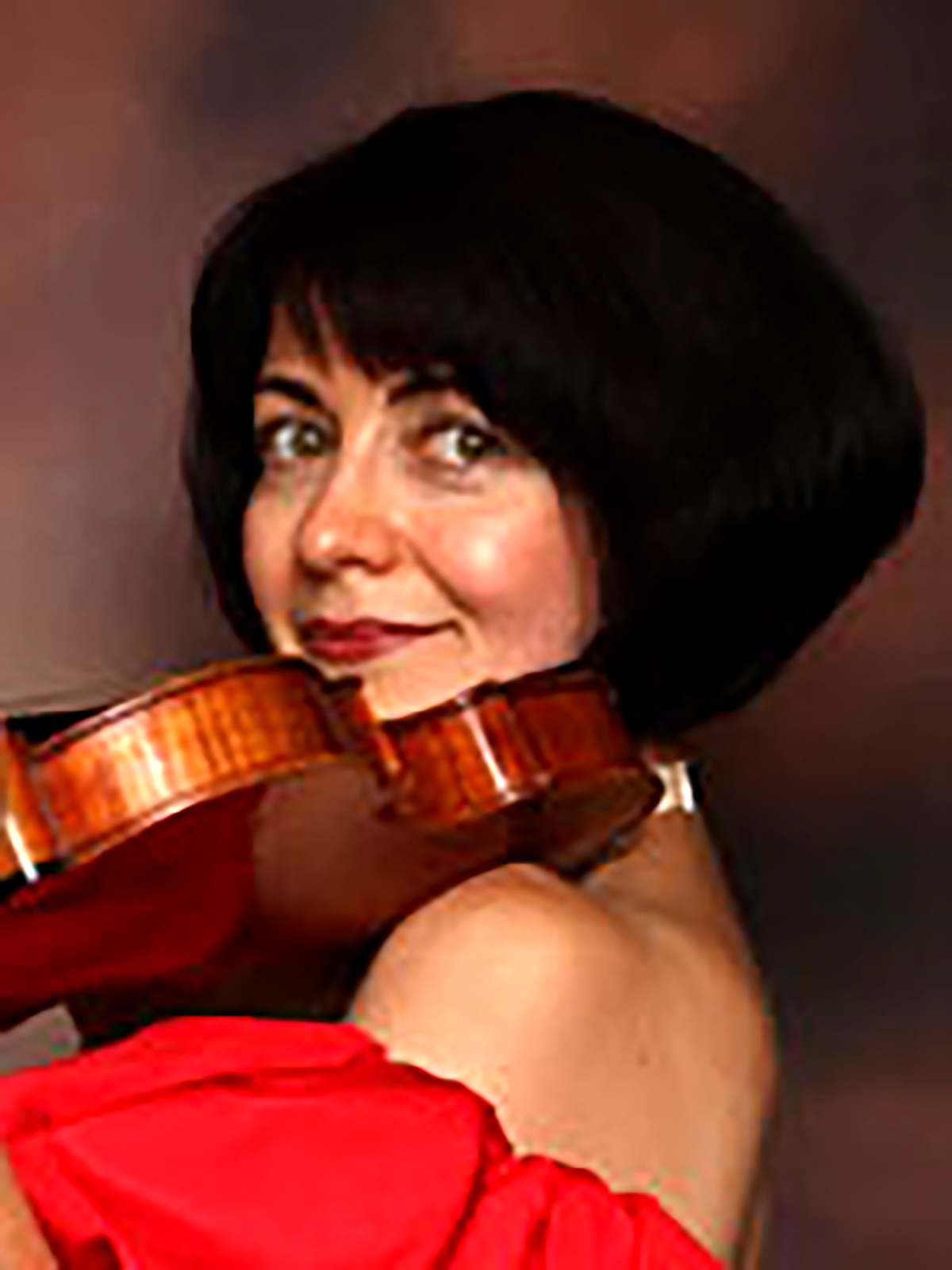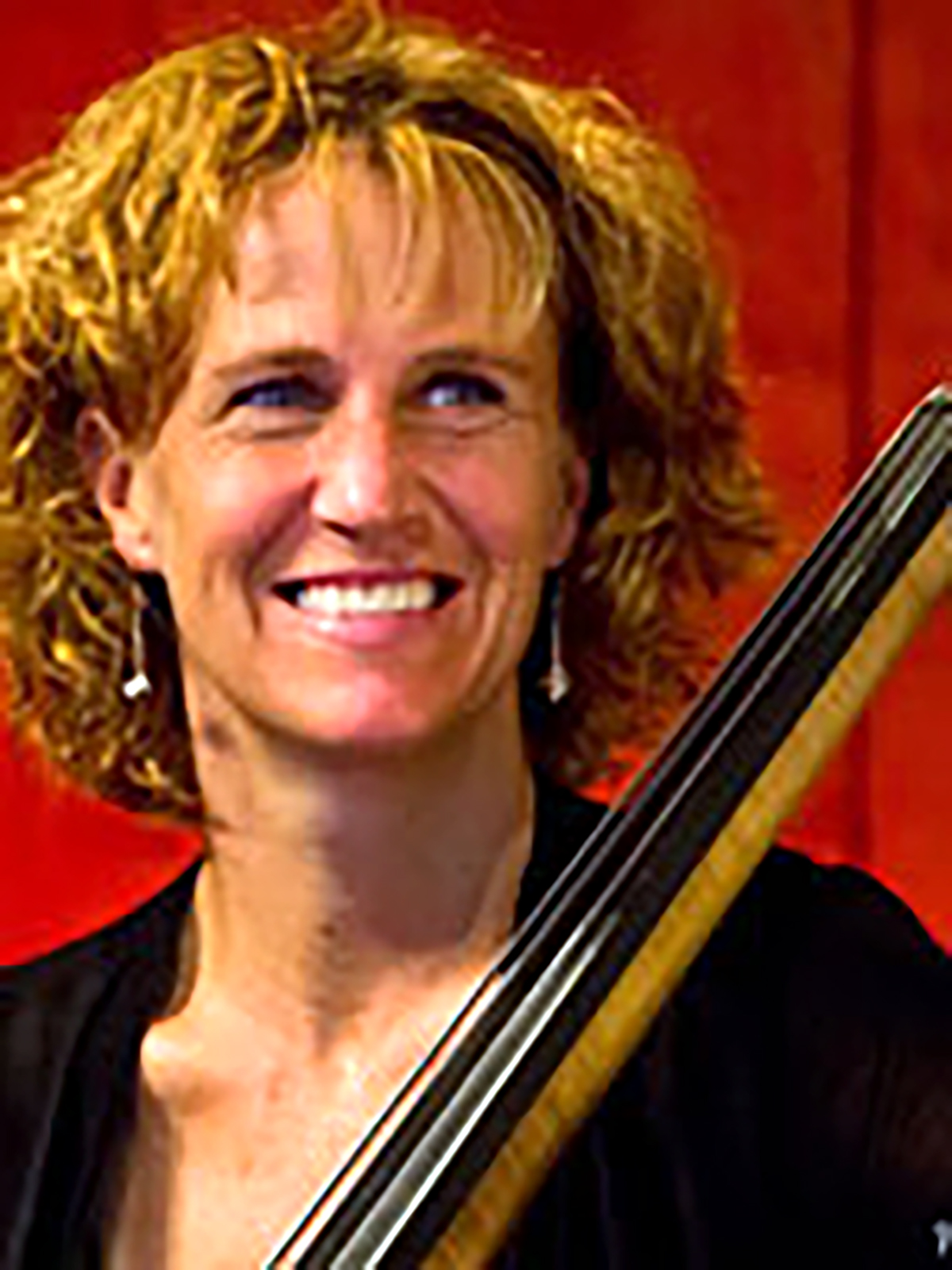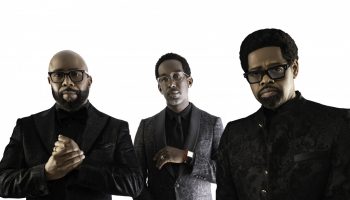Chautauquans are no doubt used to seeing the Chautauqua Symphony Orchestra as a single, cohesive whole when it performs its usual three concerts each week. At 4 p.m. Friday in Elizabeth S. Lenna Hall, concertgoers will be able to acquaint themselves with CSO members on a more intimate level at the CSO Musicians’ Recital.
“It’s probably one of the few chances the audience gets to hear the people they normally see in a section,” said CSO violinist Olga Kaler.
Kaler will be performing the Sonata No. 4 for solo violin, op. 27, by Eugène Ysaÿe. It’s one of six solo sonatas modeled after the sonatas by J. S. Bach.

“It has all the benefits of Romanticism, with its completely saturated, expressive palette, plus the spice that comes from Impressionist and expressionist styles,” Kaler said.
According to Kaler, orchestral playing typically emphasizes cohesiveness over individual expressiveness, except in the case of solos.
“We function as a unit,” Kaler said. “If you hear someone individually, it means people probably aren’t blending very well.”
Blending is especially important for the strings, who make up the largest section of the orchestra.
“For you to blend with anyone, you have to underplay,” Kaler said. “You have to make sure that you play in a way that allows you to hear everyone around you.”
CSO bassist Caitlyn Kamminga agreed.
“When you’re playing in an orchestra, you’re a cog in a wheel,” Kamminga said. “It’s a huge painting, and you’re a part of it.”
Kamminga also added that playing in a chamber setting is a more creative experience for the musicians.

“(Orchestral playing) is a craft more than a creative experience,” Kamminga said. “You’re playing somebody else’s music and somebody else’s bowings and somebody else’s interpretation of the music.”
For Kamminga, the excitement of chamber music comes from having more individual responsibility and creative potential.
“You have a little more control over some of the musical decisions,” Kamminga said. “That can be really exciting.”
Kamminga will perform Antonín Dvořák’s String Quintet No. 2, op. 77, with fellow CSO members Lara Sipols and Heidi Brodwin on violin, Karl Pedersen on viola and Lars Kirvan playing cello. According to Kamminga, the first violin typically calls the shots and settles interpretive disputes in chamber rehearsals.
“What you hope for is a benevolent dictatorship,” Kamminga said. “At the end of the day, somebody has to make a final decision.”

Brass players, unlike strings, typically play individual lines. CSO horn player Mark Robbins said aside from taking the conductor’s tempos and following dynamics, the brass generally have more interpretive leeway in an orchestral setting.
“You still have a certain amount of freedom,” Robbins said.
Still, Robbins looks forward to featuring his individual sound when he performs “Nocturno,” op. 7, by Franz Strauss with pianist I-Fei Chen Markham. Franz Strauss was the less prolific father of the somewhat more famous Richard Strauss.
“(Franz) was mostly concerned with the quality of the sound of the horn,” Robbins said. “I think that’s displayed in this piece, the fact that he loved that sound.”
Kaler said each performer will have roughly 10 minutes on the program to accommodate the variety of instruments and pieces. The recital will begin and end with larger chamber works, with solos in between.
“It’s fantastic for people to hear what extraordinary artists there are in various sections of the CSO,” Kaler said.




